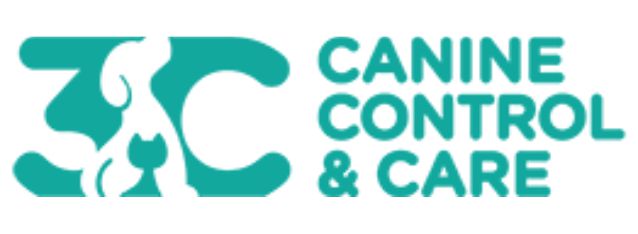Watch for these Signs After Dog Neutering: What to Watch For
Neutering your dog is a common procedure that benefits both you and your pet. However, it’s crucial to be aware of potential warning signs after neutering to ensure your dog’s well-being. This article will cover when to be concerned, and how to identify infection signs, complications, and unusual post-surgery behaviours.
When Should I Be Concerned About My Dog After Neutering?
After neutering, it’s normal for your dog to experience some discomfort and minor changes in behaviour. However, you should be concerned if you notice:
- Excessive Bleeding: While some bleeding is expected immediately after surgery, profuse bleeding or continuous bleeding for an extended period is cause for concern.
- Lethargy: A certain level of lethargy is common, but if your dog is unusually unresponsive or lethargic for an extended period, it may indicate an issue.
- Persistent Vomiting or Diarrhoea: Occasional post-operative upset stomachs are normal, but continuous vomiting or diarrhoea should be taken seriously.
- Refusal to Eat: Dogs might not have a strong appetite right after surgery, but a prolonged refusal to eat or drink is a red flag.
How Do I Know If My Dog Has an Infection After Neutering?
Infections are a potential complication after neutering. Signs of infection include:
- Swelling and Redness: The incision site may become red, swollen, or hot to the touch.
- Pain or Discomfort: Your dog may show signs of pain or discomfort, such as whining, licking the incision excessively, or displaying aggression when touched near the incision.
- Pus or Discharge: If you notice any discharge from the incision, particularly if it’s green or has a foul odour, this could indicate infection.
- Fever: An elevated body temperature, often accompanied by shivering or panting, may be a sign of infection.
How Common Are Complications from Neutering Dogs?
Neutering can cause complications, which are rare but can occur due to factors like age, health, and surgical technique. It’s crucial to follow your veterinarian’s post-operative care instructions to minimise risks.
What Are the Strange Behaviours After Neutering a Dog?
Neutering can result in temporary behavioural changes due to the anaesthesia and the stress of surgery. These may include:
- Sensitivity and Irritability: Your dog may be more sensitive or irritable than usual, which can manifest as growling, snapping, or avoiding interaction.
- Depression or Anxiety: Some dogs may display signs of depression or anxiety after surgery. They may be more withdrawn or restless.
- Changes in Appetite: It’s common for dogs to have a decreased appetite immediately following surgery. This can lead to changes in eating habits or preferences.
- Licking and Scratching: Excessive licking or scratching near the incision site may occur as dogs attempt to soothe any discomfort.
- Restlessness: Your dog may have difficulty settling down or resting comfortably for the first few days after surgery.
Unusual dog behaviours are usually temporary and should resolve as your dog heals. If they persist or worsen, or if you notice signs of infection, it’s crucial to consult your veterinarian.
Signs of Infection After Neutering Dogs:
Signs of infection can include:
- Swelling and Redness: The incision site may become red, swollen, or hot to the touch.
- Pain or Discomfort: Your dog may show signs of pain or discomfort, such as whining, licking the incision excessively, or displaying aggression when touched near the incision.
- Pus or Discharge: If you notice any discharge from the incision, particularly if it’s green or has a foul odour, this could indicate infection.
- Fever: An elevated body temperature, often accompanied by shivering or panting, may be a sign of infection.
- Lethargy: A sudden and significant drop in your dog’s energy levels may also indicate an infection.
Infected Spay Incision Dog:
Excessive or unusual swelling around the incision site is a cause for concern, potentially indicating infection or a hematoma.
Neutering your dog is a crucial step in responsible pet ownership. It’s essential to monitor your dog’s post-operative behaviour and follow your veterinarian’s guidance for a smooth recovery and continued well-being. If you notice unusual behaviours or symptoms, consult your veterinarian for guidance and care. Your veterinarian is your best resource for ensuring your dog’s health and well-being.
If you found this information helpful, consider sharing it with other dog owners to raise awareness about post-neutering care. Together, we can provide the best care for our canine companions.
Sterilization of stray dogs is very important. It is the best way to control stray dog population. CCC helps with FREE sterilization and vaccination of stray dogs.

 Previous Post
Previous Post Next Post
Next Post